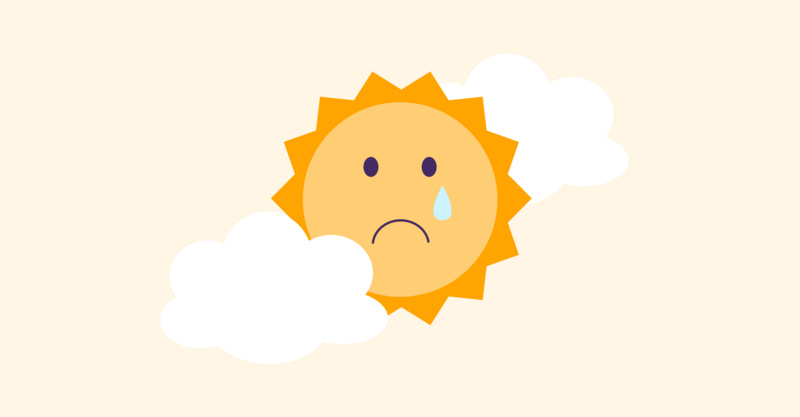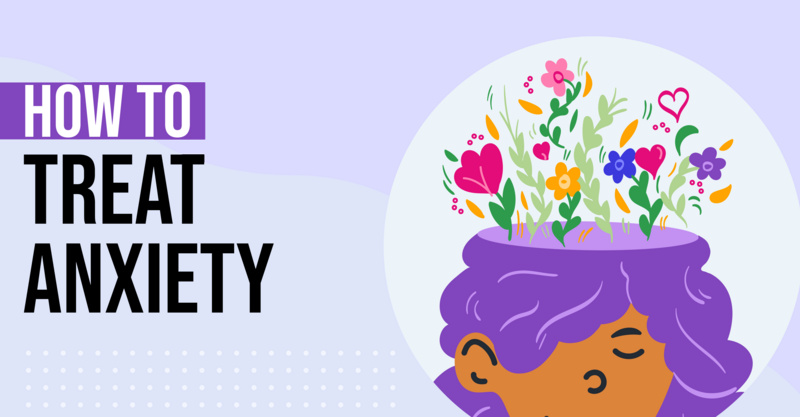Key Points
- Stress has harmful effects on various aspects of health including the brain, heart, bone mineral density, and respiratory system. It also weakens the immune system and can increase the risk of hereditary mental illness in children.
- One way to combat stress is by taking regular breaks. Engaging in relaxing activities such as taking a walk in a park or eating a nutritious lunch can help refresh your cognitive capacity and reduce stress levels.
- Taking a vacation or a "staycation" can also help reduce stress. This break from daily responsibilities offers a fresh perspective and a chance to unwind. If a vacation isn't possible, a staycation can offer similar benefits by creating a different routine at home.
- If stress continues to be overwhelming despite these measures, seeking professional help is advised. Therapists and coaches can provide tools to manage and overcome stress. Urgent care clinics can provide immediate assistance and referrals.
- It's important to remember that stress is a common problem and there's no shame in seeking help. Learning new skills and ways to manage stress can significantly lessen its impact on health.
It shrinks your brain, and damages your heart muscle, bone mineral density and respiratory system. It makes your immune system more vulnerable, and increases your kids’ chance to suffer a hereditary mental illness.
According to WebMD, 43% of adults are impacted by it, and 75-90% of doctor visits revolve around it.
We’re talking about stress, and we have some good news: you can do something about it.
Build a Habit of Taking Breaks
We know you’re committed to your home and your family, but constantly requiring your brain to engage in activities, especially thought provoking activities, exhausts your cognitive capacity, reports Fast Company. That alone raises your stress levels, even if everything around seems good.
To refuel your brain, you’ve gotta learn how to take a break. Take time to eat a nutritious lunch at work even if there’s a pile of paperwork on your desk. Leave the kids with a sitter and hike in nature, or even take a walk at the nearby city park or seaside promenade. These activities will help refresh your attention span and reduce stress.
Take a Vacation (or a Staycation)
Building pockets of responsibility-free “me time” into our daily schedule can go a long way to alleviate our stress, but sometimes you need to take a longer time off than 5-60 minutes here and there.
According to CNN, taking a vacation reduces stress, because it detaches you from your daily concerns and puts everything you’ve been dealing with in a different perspective.
Can’t afford to get away and reap the benefits travel has on your brain (like increased creativity, happiness and trust)? That is understandable. Opt for a “staycation” – a stay at home vacation. Create a completely different routine for the days of the staycation, sleep in different rooms than usual, eat different foods, and shut down any stress inducing devices, like your phone or computer.
Unplug and get to know your city like a tourist. Talk to your kids in a calmer environment. Invite a friend over and spill everything you’ve kept bottled up inside.
When the staycation ends, you’ll feel refreshed with a new perspective, just as if you’ve traveled far.
Ask for Help
Sometimes you do everything by the book, and it doesn’t help. 10 minutes after you return from a break or the day after your vacation, it all starts back up. It overwhelms you, and you end up reacting in ways that don’t make you feel proud.
It happens to a lot of people, so there’s no need to be ashamed. Consider seeking professional help– like a therapist or a coach – who has the tools to help you not only manage, but overcome your stress.
Your doctor will probably know where to refer you, but if you feel you can’t wait for a scheduled appointment, walk into the nearest urgent care clinic and ask the staff there for a referral.
Action Time
Stress can take over your life and cause serious damage to your health, but it doesn’t have to be this way. Make an appointment with your doctor or walk into an urgent care clinic today, and ask for a referral to a therapist or a coach. Alternatively, find one online.
There’s nothing wrong with you if you suffer from stress, and as you can see from the statistics, you’re hardly the only one dealing with it. Learn new skills and ways to manage it and do what you can do lessen the impact stress can have on your health!
Frequently asked questions
What are the potential health impacts of stress?
Stress can have serious health impacts including shrinking your brain, damaging your heart muscle, reducing bone mineral density, and harming your respiratory system. It can also make your immune system more vulnerable and increase the chance of hereditary mental illness in your children.How prevalent is stress among adults?
According to WebMD, 43% of adults are impacted by stress, and 75-90% of doctor visits revolve around it.How can taking breaks help manage stress?
Taking breaks, especially during busy or thought-provoking activities, can help refuel your brain and reduce stress. This can include eating a nutritious lunch at work or taking a walk in a nearby park.What is the benefit of taking a vacation for stress management?
Taking a vacation can reduce stress by detaching you from your daily concerns and providing a different perspective. If a vacation is not possible, a "staycation" at home with a different routine can also be beneficial.How can a "staycation" help manage stress?
A "staycation" can help manage stress by creating a different routine, sleeping in different rooms, eating different foods, and shutting down stress-inducing devices. This can provide a refreshed perspective and reduce stress.What should you do if stress management techniques are not working?
If stress management techniques are not working, it may be beneficial to seek professional help such as a therapist or a coach. They can provide tools to help manage and overcome stress.Where can you seek help for stress management?
You can seek help for stress management from your doctor or an urgent care clinic. They can provide a referral to a therapist or a coach.How can stress impact your life?
Stress can take over your life and cause serious damage to your health. However, with the right tools and techniques, it is possible to manage stress and lessen its impact on your health.











